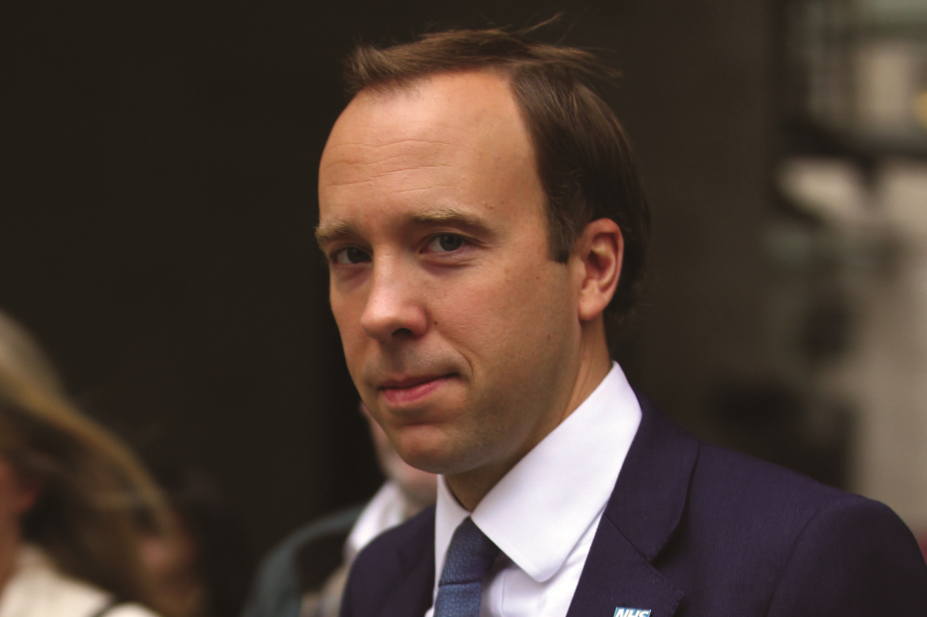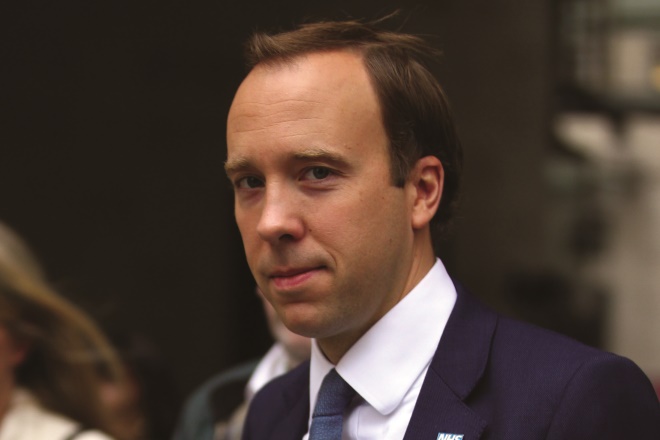
Shutterstock.com
Open access article
The Royal Pharmaceutical Society has made this article free to access in order to help healthcare professionals stay informed about an issue of national importance.
To learn more about coronavirus, please visit: https://www.rpharms.com/resources/pharmacy-guides/wuhan-novel-coronavirus

Source: Shutterstock.com
Matt Hancock, the health and social care secretary, said he was “alive to” the financial pressures currently being faced by community pharmacy
Health and social care secretary Matt Hancock told an audience of pharmacists that he could not make a commitment on whether, or how, £370 million in advance funding given to community pharmacies in England to help them manage through the COVID-19 pandemic should be repaid.
However, Hancock, who was responding to comments raised by delegates after his speech to the National Pharmacy Association’s (NPA) 2020 conference — which for the first time was being held online — said he was “alive to” the financial pressures currently being faced by community pharmacy.
Mark Lyonette, chief executive officer of the NPA, told Hancock that around half of the questions for the health secretary submitted by conference delegates had mentioned the challenge of funding: both business as usual funding and the pandemic cash advance.
“People are saying: ‘Will we have to repay that [cash advance]? It will cause problems’,” Lyonette told Hancock.
Replying, Hancock said: “I do understand the pressure, in the same way that all retail has had a huge amount of pressure”.
“For businesses that use retail to support the bottom line, and then go above and beyond on [work] contracted though the NHS, I understand the impact the crisis has had.
“I can’t make a commitment today, but it is something I am very much alive to.”
Hancock told the audience that recent months had been “incredibly difficult” and that community pharmacy will have a “critical role” in the rollout of what he described as the “biggest flu vaccination programme in history”. The government was also, he said, working on how a COVID-19 vaccine rollout could work.
The health secretary also noted that although some parts of the Community Pharmacy Contractual Framework had been paused during the pandemic while pharmacy “rightly focused on the core task of safely supplying medicines”, he wanted to see a “continued drive” towards extended services in pharmacy. In particular, he said he wanted to see people with minor illness referred to pharmacies, and was looking forward to the rollout of more clinical services.
”I completely understand that if we ask pharmacists to do more then it has to be paid for, of course,” he added.
“Delivering many services through pharmacies gives better value for money than any other part of the NHS. As we offer pharmacies more services, we need to make sure we are paying properly to make sure that it works for both sides”.
The health secretary also said he was interested in “less bureaucratic” dispensing, highlighting the rollout of hub-and-spoke dispensing between separate entities.
“I know this requires change in law, and I know some in the sector have concerns, but I assure you we will consult with you as we roll this out,” he said, adding that making dispensing more efficient means that pharmacists “can focus more on things you really care about”.


